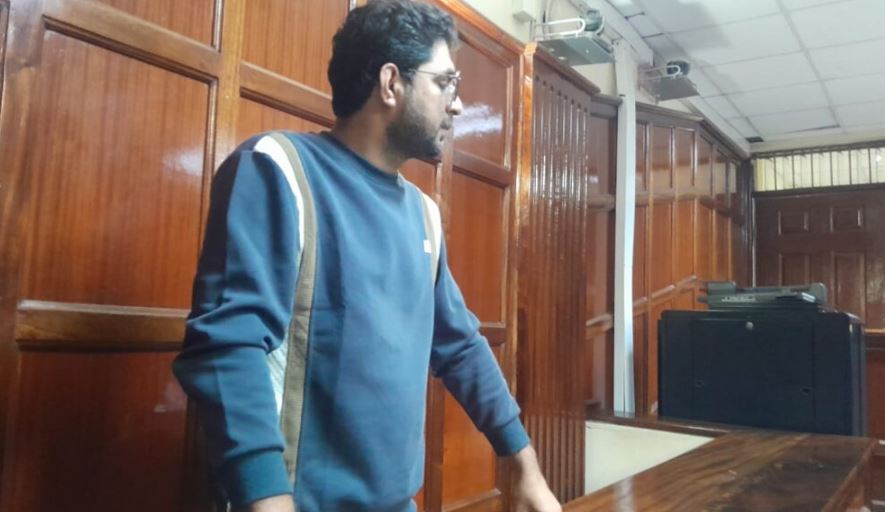 A Nairobi businessman who sits on the board of his own import-export company was charged on Monday with stealing more than KSh 356 million from the firm over a four-year period, in a case that has thrown fresh light on endemic weaknesses in Kenya’s corporate controls.
A Nairobi businessman who sits on the board of his own import-export company was charged on Monday with stealing more than KSh 356 million from the firm over a four-year period, in a case that has thrown fresh light on endemic weaknesses in Kenya’s corporate controls.
Honey Khatwani, a director of OKI General Trading Ltd., entered a plea of not guilty before Milimani Principal Magistrate Dolphina Alego. Prosecutors say he siphoned US $2.79 million – or roughly KSh 356,711,174 – between Jan. 1, 2020, and June 30, 2024, using the access that came with his senior position at the company’s Baba Dogo premises.
- Alleged offence: “stealing by director,” a felony that carries a maximum sentence of seven years under Section 282 of Kenya’s Penal Code.
- Defense stance: claims he is not a flight risk and should remain free on a KSh 200,000 police bond issued last week.
- Next step: the court will decide Tuesday whether to tighten bail and impound his travel documents.
In court, Mr. Khatwani’s lawyer, Kennedy Echesa, urged “favourable bond terms,” arguing that the presumption of innocence and the defendant’s family and business ties to Kenya should weigh against harsher conditions. “Your Honour, the accused is innocent until proven guilty,” Mr. Echesa told the magistrate.
State prosecutor Victor Awiti, while not opposing bail outright, asked that Mr. Khatwani surrender his passport, noting the “enormous sums” at issue and the temptation to flee. The defendant also told the court he felt unwell and requested treatment at Avenue Hospital, a plea the magistrate allowed without objection.
The charge – “stealing by director” – is rarely invoked but has become more visible as internal fraud cases mount. In February, an employee at a Nairobi printing company was accused of forging his own promotion and siphoning KSh 254 million over eight years, one of several high-value insider thefts now clogging Milimani’s white-collar docket.
Legal analysts say Section 282’s seven-year ceiling is modest compared with penalties in many jurisdictions, leaving prosecutors to rely on asset-recovery orders and tight bail terms to keep suspects within reach of Kenyan courts.